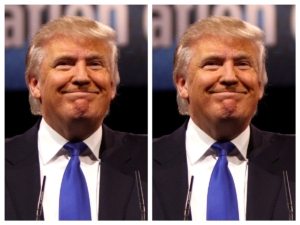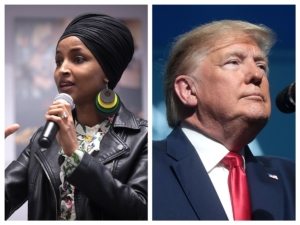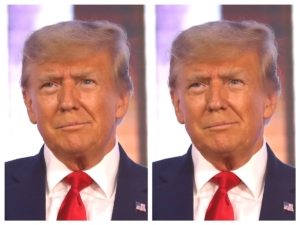The Trump administration has been subjected to scrutiny after making a $7.5 million payment to Equatorial Guinea’s government, a country long marred by corruption allegations, as part of its efforts to deport people to the West African nation. The decision has raised questions about the U.S. government’s growing engagement with one of Africa’s most controversial regimes.
Sen. Jeanne Shaheen of New Hampshire, the top Democrat on the Senate Foreign Relations Committee, disclosed the payment in a letter to Secretary of State Marco Rubio on Monday, calling it “highly unusual” and demanding clarity on how U.S. taxpayer funds are being used.
“This highly unusual payment — to one of the most corrupt governments in the world — raises serious concerns over the responsible, transparent use of American taxpayer dollars,” Shaheen wrote in the letter obtained by The Associated Press.
According to her, the $7.5 million transfer far exceeds all U.S. foreign assistance provided to Equatorial Guinea over the past eight years combined. The money came from a congressional fund for migration and refugee assistance, which is typically reserved for humanitarian crises rather than direct transfers to foreign governments. Shaheen questioned whether the administration’s move was a lawful use of the fund.
The State Department declined to discuss specific diplomatic exchanges but emphasized its commitment to carrying out Trump’s immigration directives. “Implementing the Trump Administration’s immigration policies is a top priority for the Department of State,” it said. “As Secretary Rubio has said, we remain unwavering in our commitment to end illegal and mass immigration and bolster America’s border security.”
The payment, which coincides with U.S. efforts to expand deportation agreements across Africa, has intensified debate over how the administration intertwines its immigration agenda with broader foreign policy and economic goals. Critics argue that partnering with regimes accused of corruption undermines U.S. credibility abroad.
To accelerate deportations, the Trump administration has sought deals allowing countries to accept noncitizens expelled from the United States. Immigrant rights advocates have condemned the so-called “third country” approach as reckless, warning that it risks sending people to nations where human rights abuses and political repression are rampant.
Equatorial Guinea has become a key focus of this effort. The Trump administration has cultivated ties with Vice President Teodoro “Teddy” Nguema Obiang, who is infamous for his extravagant lifestyle and longstanding corruption allegations. Despite being under international sanctions, Obiang was granted a U.S. sanctions waiver earlier this year to attend a United Nations meeting in New York. During his visit, he also met with Deputy Secretary of State Christopher Landau.
READ ALSO: Trump administration revives Supreme Court fight to keep full SNAP benefits frozen
Apart from the immigration issues, the U.S. government is seeking to counter Chinese influence in the small oil-rich country and strengthen American investment in its energy sector.
Obiang, the son of President Teodoro Obiang Nguema Mbasogo, Africa’s longest-serving leader since 1979, controls the nation’s defense and security portfolios. He has been accused for decades of embezzlement, money laundering, and siphoning state funds while much of the population remains impoverished.
Despite its vast oil and gas wealth, roughly 70 percent of Equatorial Guinea’s two million citizens live in poverty. In 2017, a French court convicted the younger Obiang of embezzling millions of euros, imposing a three-year suspended sentence, a 30 million-euro fine, and ordering the confiscation of his lavish Paris properties and luxury cars. The country has since challenged those seizures before the International Court of Justice.
U.S. prosecutors also reached a $30 million settlement with Obiang in 2014, forcing him to give up several assets, including a Malibu mansion, a Ferrari, and a trove of Michael Jackson memorabilia.
READ ALSO: Trump administration orders states to reverse SNAP payments after Supreme Court ruling










